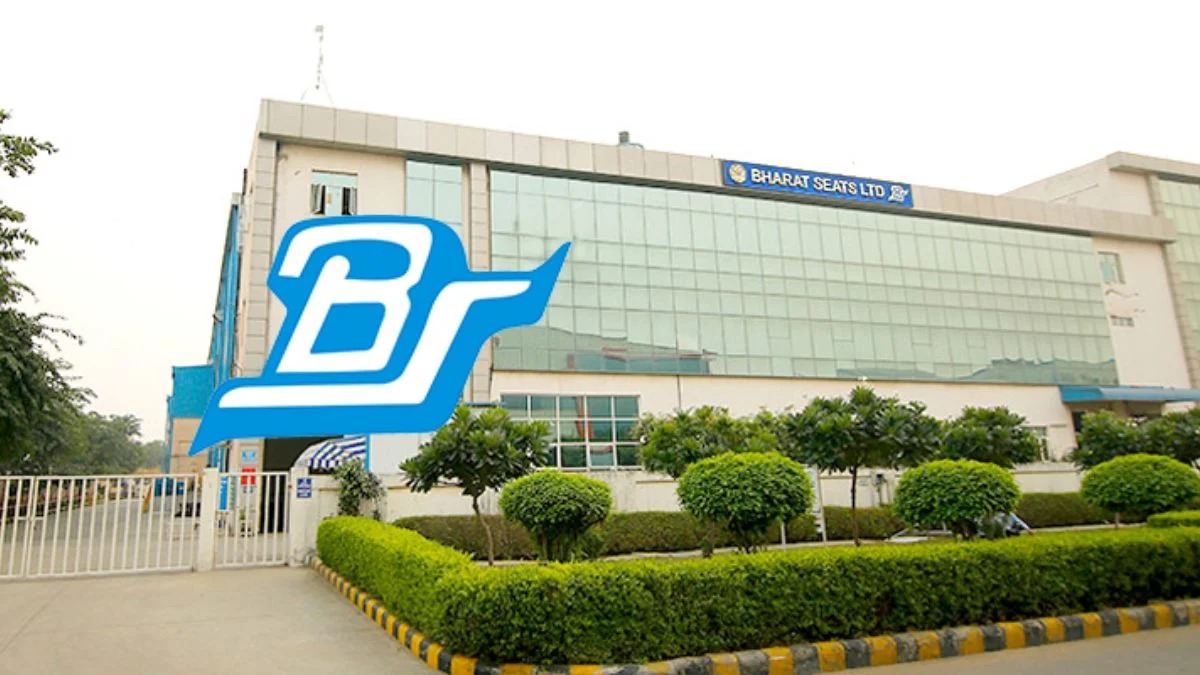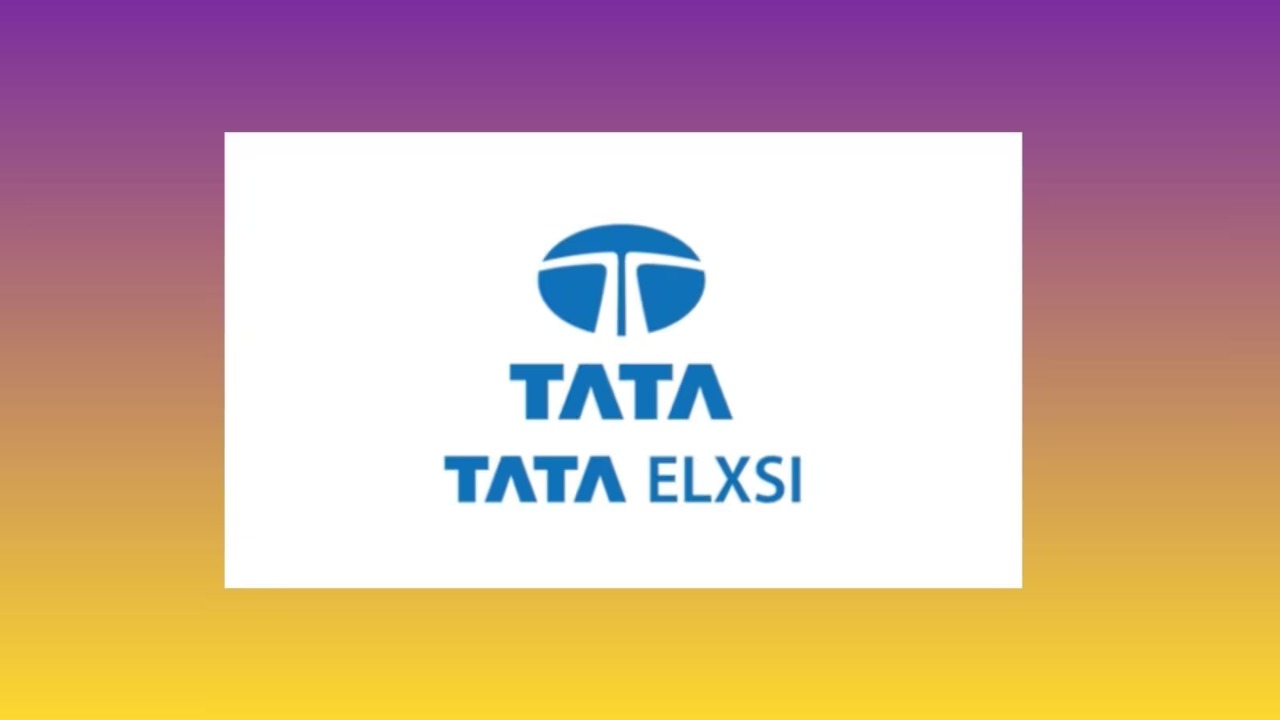Bharat Seats Ltd has reported a stable financial performance for the quarter ended June 2025, reflecting its ability to navigate a dynamic automotive landscape. The company posted a net profit of Rs 91.8 million and revenue from operations of Rs 4.27 billion, supported by consistent demand from OEMs and a disciplined cost structure.
Performance Overview
The Q1 results signal a steady start to FY26, with the company maintaining its operational momentum despite sectoral headwinds.
Key highlights from the quarter:
- Revenue from operations reached Rs 4.27 billion, marking a modest year-on-year growth of 4.6 percent
- Net profit stood at Rs 91.8 million, up 3.2 percent compared to the same quarter last year
- Operating profit before depreciation and interest came in at Rs 239.8 million, reflecting stable margins
- Earnings per share for the quarter was Rs 1.81, compared to Rs 1.76 in Q1 FY25
The company’s performance was driven by sustained order volumes from Maruti Suzuki and other OEM partners, along with prudent cost management across manufacturing and logistics.
Segmental Insights and Operational Metrics
Bharat Seats specializes in automotive seating systems, interior trims, and NVH components. Its product mix caters to passenger vehicles, commercial vehicles, and select export markets.
Operational insights:
- Passenger vehicle segment contributed over 70 percent of total revenue, led by strong volumes in compact and mid-size cars
- Commercial vehicle demand remained subdued, but aftermarket sales provided partial offset
- Export revenue remained flat, with shipments to Southeast Asia and Africa maintaining prior-year levels
- Raw material costs accounted for 77.6 percent of total expenditure, reflecting inflationary pressures in polymer and metal inputs
The company maintained plant utilization rates above 80 percent across its Gurgaon and Manesar facilities, aided by streamlined production schedules and vendor coordination.
Strategic Moves and Cost Optimization
Bharat Seats continues to focus on operational efficiency and product innovation to stay competitive in a margin-sensitive industry.
Recent initiatives include:
- Introduction of modular seat designs to reduce assembly time and improve ergonomics
- Localization of key components to mitigate forex exposure and reduce lead times
- Implementation of lean manufacturing practices to optimize inventory and reduce waste
- Expansion of R&D efforts to support electric vehicle seating platforms and lightweight materials
These measures are aimed at enhancing product value while maintaining cost discipline, especially as OEMs push for price competitiveness and feature-rich offerings.
Industry Context and Outlook
India’s auto component sector is undergoing a transformation, with rising demand for safety, comfort, and sustainability features. Bharat Seats is positioning itself to capitalize on these trends through design innovation and customer alignment.
Sectoral trends to monitor:
- Growing adoption of electric and hybrid vehicles, requiring new seating configurations
- Increased focus on lightweight materials and modularity to improve fuel efficiency
- OEMs demanding just-in-time delivery and flexible production capabilities
- Export opportunities in ASEAN and African markets for mid-range vehicles
Bharat Seats’ ability to adapt its product portfolio and manufacturing processes will be key to sustaining growth in a competitive environment.
Conclusion
Bharat Seats has delivered a resilient Q1 performance, balancing revenue growth with cost efficiency. Its strategic focus on modular design, localization, and operational agility positions it well for the evolving needs of the automotive sector. As the industry shifts toward electrification and enhanced passenger experience, Bharat Seats is gearing up to be a reliable partner to OEMs across segments.
Sources: Bharat Seats Ltd investor filings, Moneycontrol, Economic Times, Business Standard, Financial Express, Hindu BusinessLine, Reuters India, Mint, BSE India







